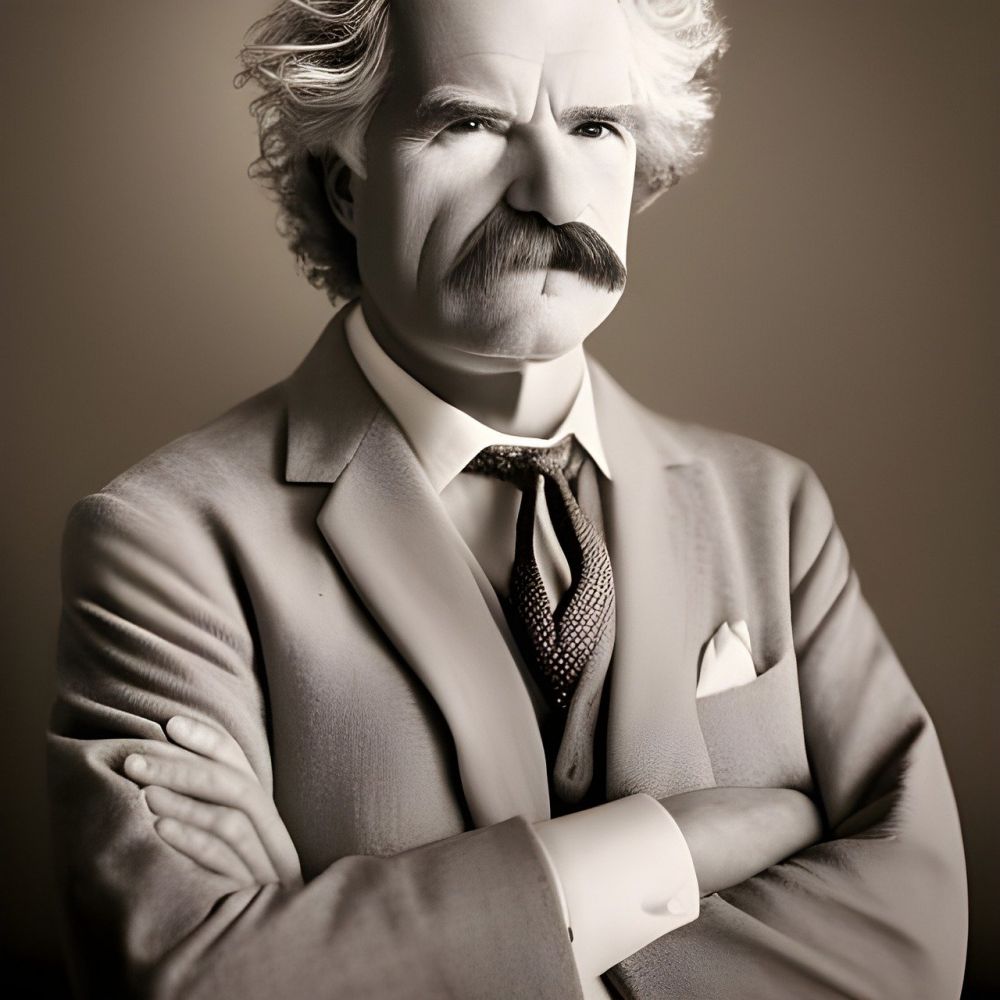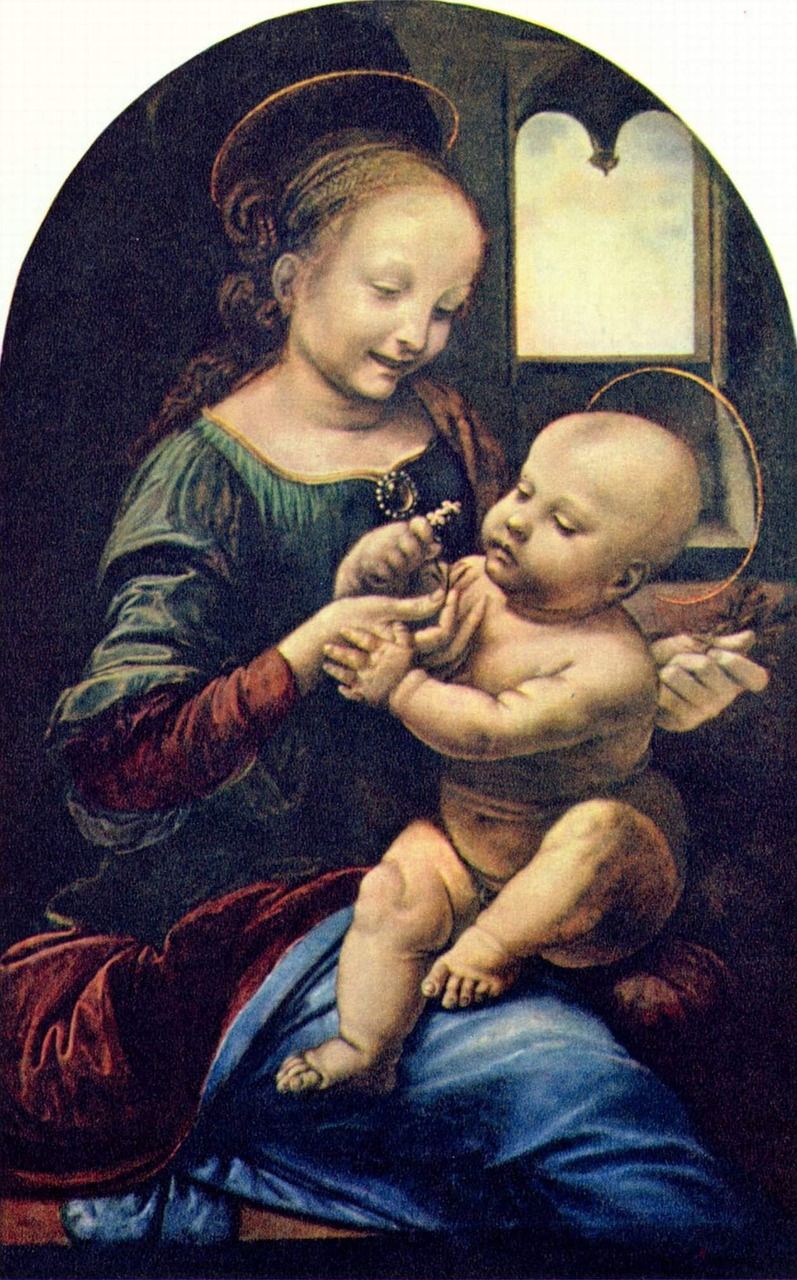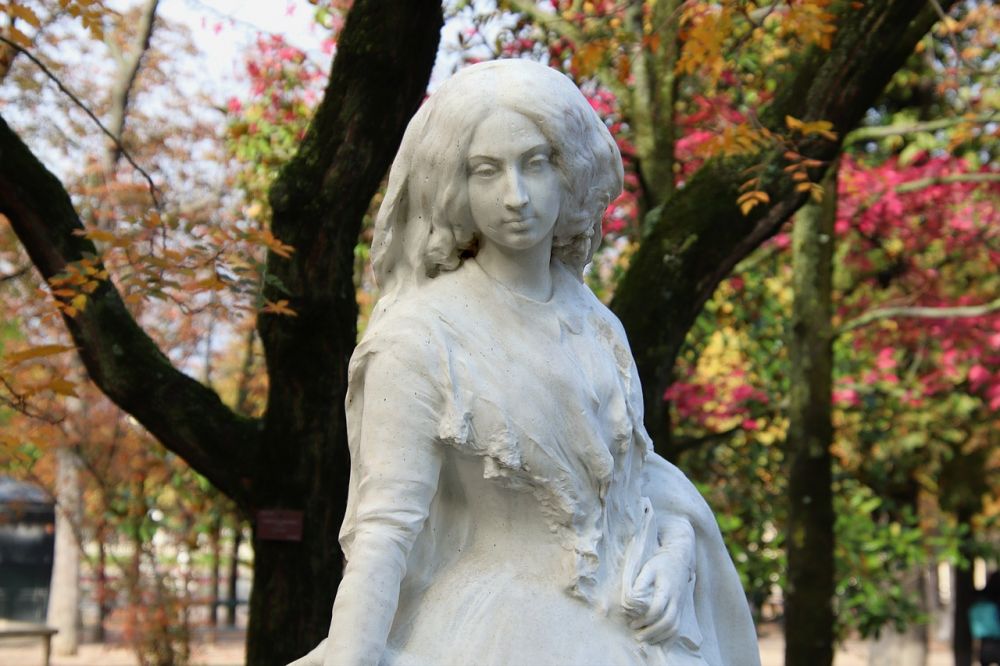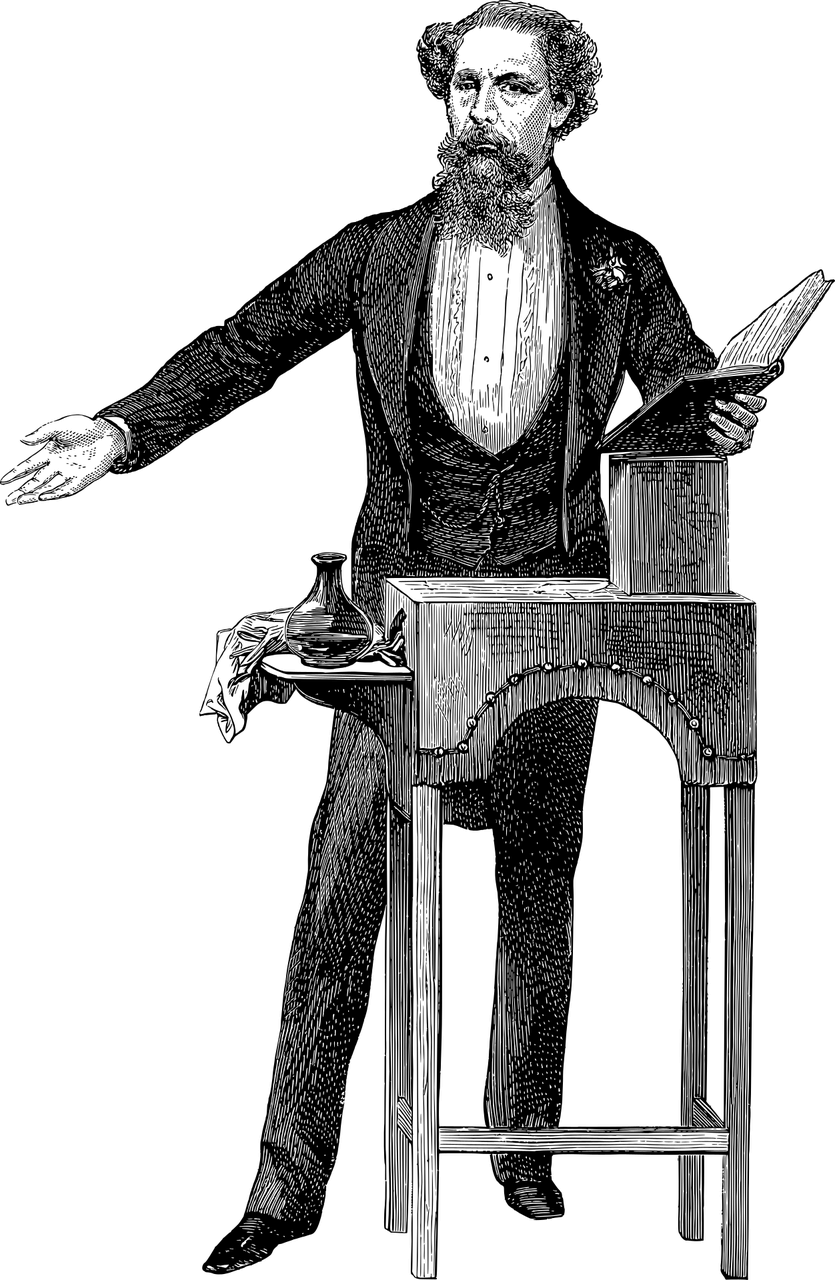Oscar Wilde: The Iconic and Enigmatic Figure of Literature
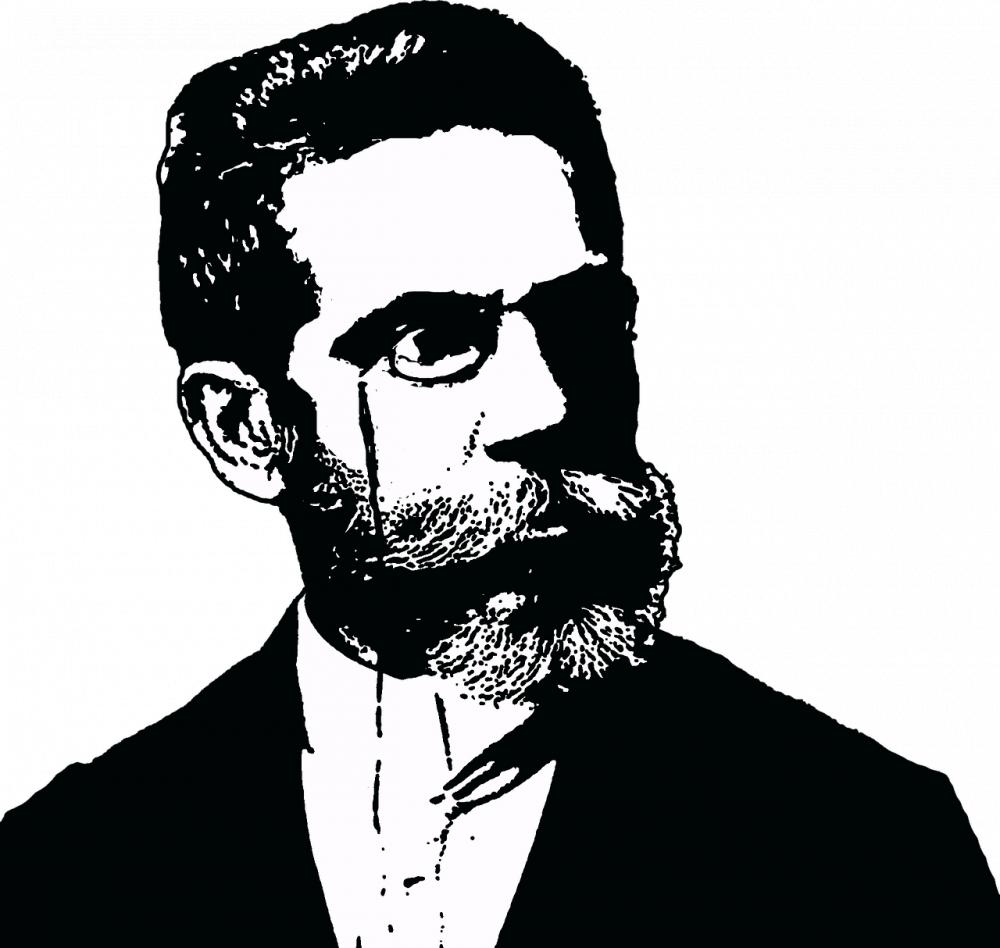
Introduction:
Oscar Wilde, the renowned Irish playwright, poet, and novelist, stands as a fascinating and enduring figure in the history of literature. With his wit, flamboyance, and unconventional lifestyle, he captivated audiences during the late 19th century, leaving an indelible mark on the world of art and literature. In this article, we delve into the life, works, and legacy of Oscar Wilde, providing an in-depth exploration for those who are generally interested in this intriguing subject.
I. The Enigmatic Man:
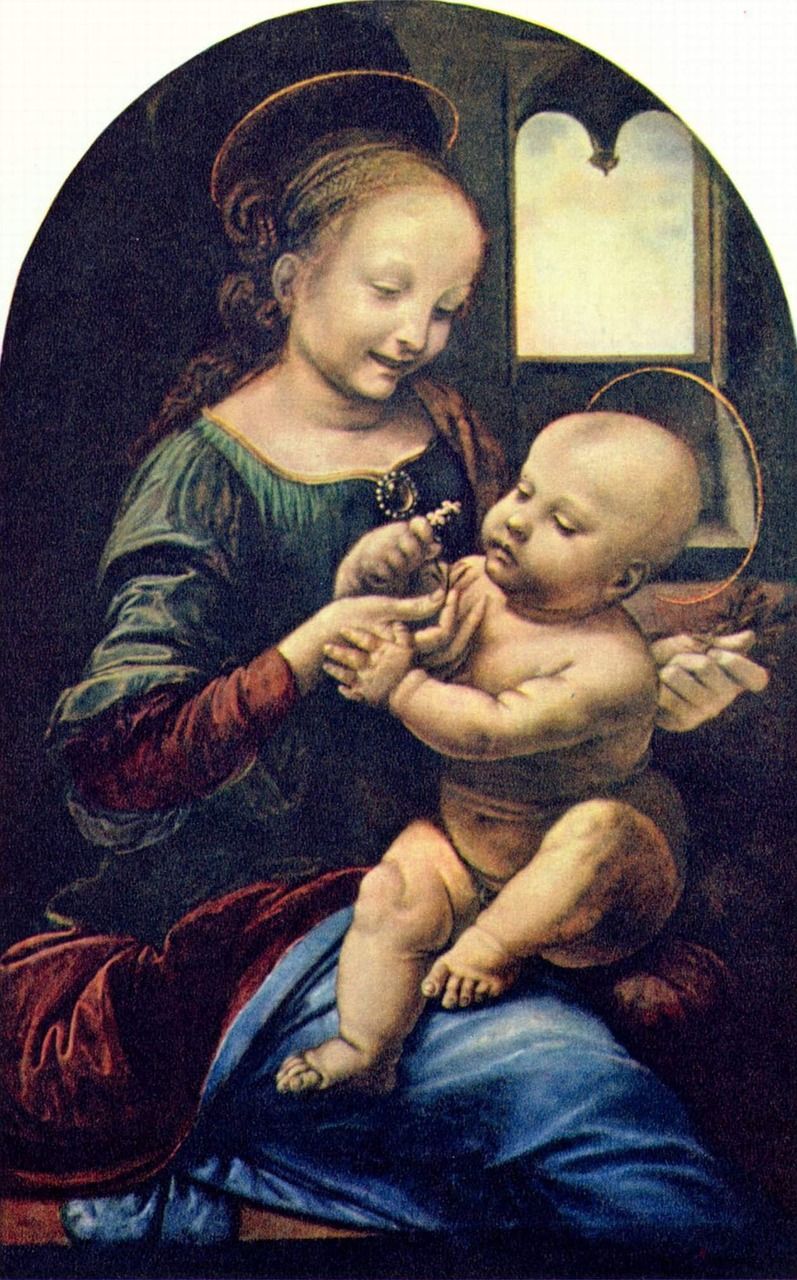
Oscar Wilde was born on October 16, 1854, in Dublin, Ireland. His parents, Sir William Wilde and Lady Jane Wilde, were well-respected intellectuals, instilling in young Oscar a love for literature and the arts. After completing his education at Trinity College, Dublin, Wilde moved to London, where he became a prominent figure in the literary circles of the time. His charm, wit, and distinctive fashion sense soon made him a standout personality.
Wilde’s works are a reflection of his dual nature a blend of biting social satire and exquisite romanticism. His plays, such as “The Importance of Being Earnest” and “Lady Windermere’s Fan,” showcase his comedic genius, while his only novel, “The Picture of Dorian Gray,” delves into the dark depths of human vanity and hedonism. Wilde’s writings often challenged societal norms, prompting both admiration and controversy.
II. The Evolution of Oscar Wilde:
As Wilde’s popularity grew, so did the societal pressure to conform. His extravagant lifestyle, flamboyant mannerisms, and unconventional relationships began to attract critical scrutiny. This era was marked by a conservative Victorian society, and Wilde’s homosexuality, which he did not shy away from, ultimately led to his downfall.
In 1895, Wilde was put on trial for “gross indecency” due to his homosexual relationships. The trial resulted in his conviction and subsequent imprisonment. Despite the personal tragedy, Wilde’s spirit remained unbroken, and it was during his two-year sentence that he produced some of his most profound works, such as “De Profundis,” a letter reflecting on his experiences and personal growth.
III. The Legacy of Oscar Wilde:
Oscar Wilde’s literary achievements have ensured his lasting influence on the world of art and literature. His wit and style continue to inspire writers, artists, and performers to this day. Celebrities and scholars alike often quote his most memorable lines, demonstrating the enduring power of his words.
Moreover, Wilde’s unapologetic embrace of his individuality and refusal to conform to societal norms has made him an icon for the LGBTQ+ community. His experiences and writings serve as a testament to the struggles faced by individuals seeking acceptance and freedom of expression.
The Video
For a visual insight into the captivating life of Oscar Wilde, watch our exclusive video featuring rare photographs, personal anecdotes, and expert analysis. Discover the essence of Wilde’s genius and the impact he continues to have on the world of art and literature.
Conclusion:
Oscar Wilde’s life and works transcend time and continue to captivate audiences worldwide. His unique blend of satire, wit, and romance created a literary legacy that remains influential to this day. Despite the challenges he faced, Wilde’s unyielding spirit and his willingness to be true to himself remain an inspiration for generations to come. As we celebrate the brilliance of this iconic figure, we acknowledge the depth and impact of his contributions to the art world, forever immortalizing him as one of the greatest literary geniuses of all time.
